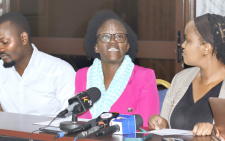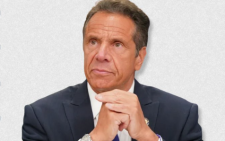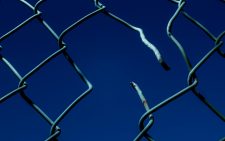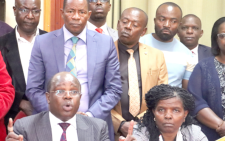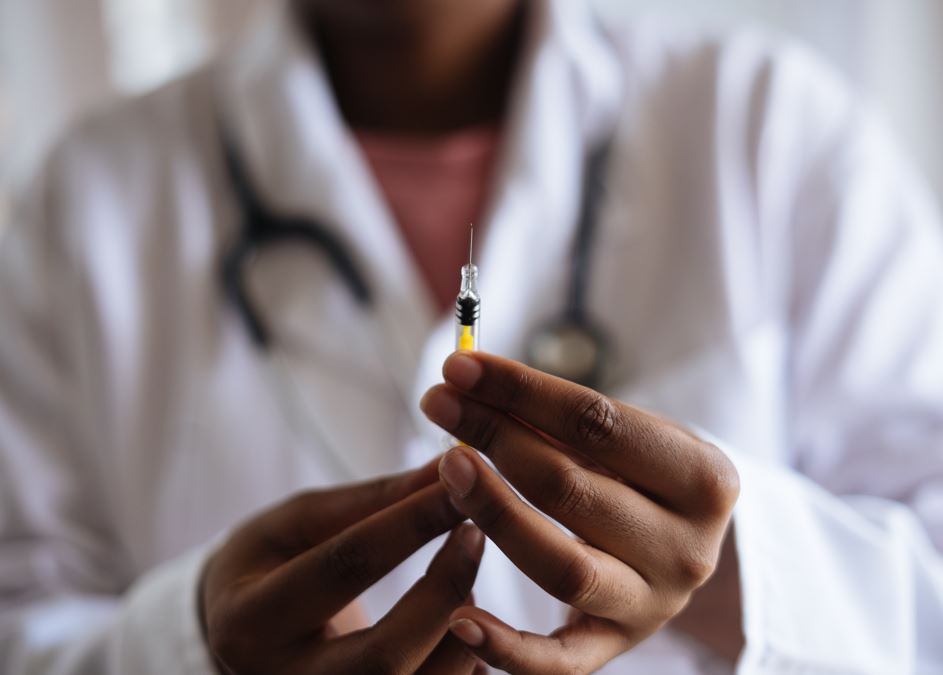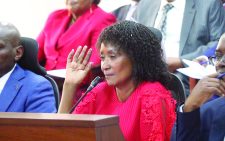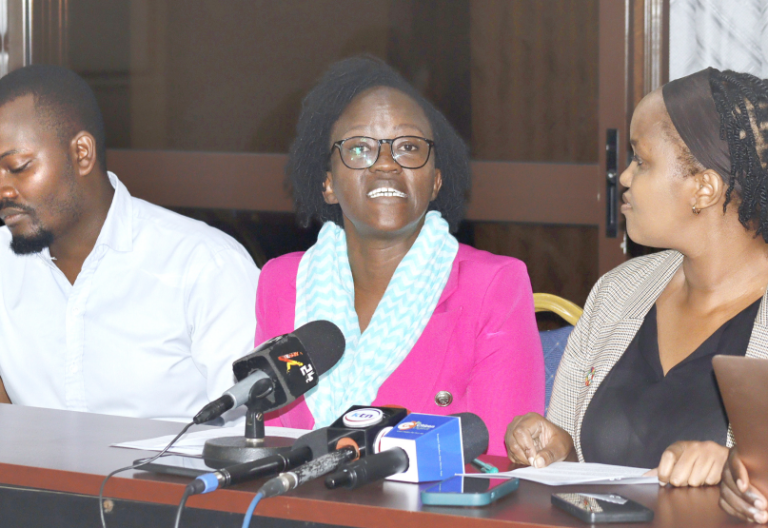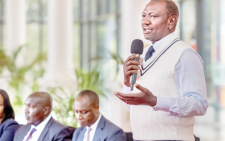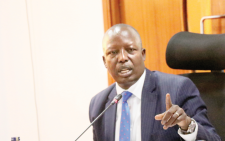Police, military officers must lead by example on curfew
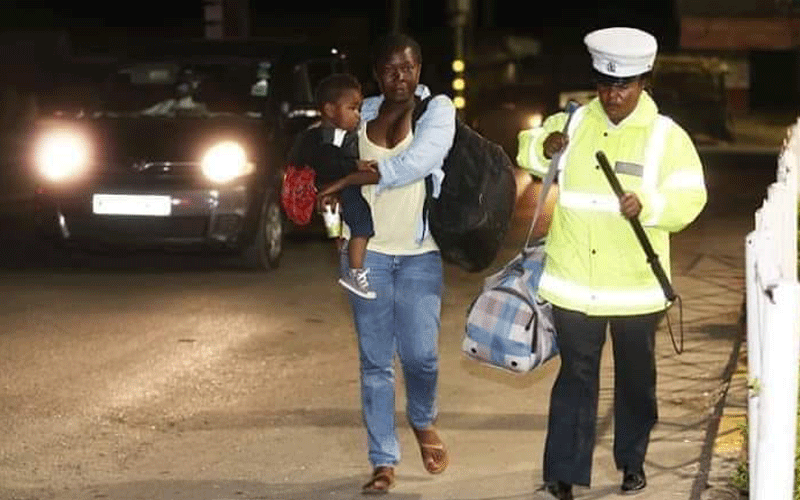
Police and military officers have been identified as among key violators of the dusk-to-dawn curfew imposed by President Uhuru Kenyatta on March 15.
Besides the curfew, the Health ministry has declared restriction of movement into and out of Nairobi, Mombasa, Kilifi and Kwale counties which have been identified as the hotspots of the coronavirus.
Extraordinary times call for extraordinary measures. The President has declared that the country is at war with an invisible enemy that will not be defeated by the might of our army but our individual and collective resolve to do the right thing.
The main aim of the curfew, and the ban on large public gatherings, is to ensure social distancing which is part of the measures that will help stop the spread of the disease.
It is, therefore, unthinkable that the very officers entrusted with the duty of enforcing the curfew and the travel restrictions are the key violators.
Kenyans should be alarmed by reports that at least 60 police officers and two high-ranking military officers have been arrested for violation of the curfew.
Some of the officers were arrested in bars drinking well after 7pm. There is even more concern that officers arrested for contravening orders are set free without the necessary action taken against them.
The National Police Training College Kiganjo has also become the focus of attention by the Ministry of Health officials after one of the officers who had been undergoing training developed the Covid-19 symptoms at his rural home.
The college, though a learning institution, was not closed when the President directed that all learning institutions be closed.
At least 3,000 officers have been undergoing various training courses for the past three months.
Besides, the police have been put on the spot over their unreasonable aggression in enforcement of the curfew and other rules, including acts of brutality on workers offering essential services such as health workers, food suppliers and workers of media companies.
It should be emphasised that the conduct of our men and women in uniform should be above aboard.
They have both the duty to demonstrate utmost professionalism, restraint and discipline.
They cannot afford to be violators of the very measures they are expected to enforce—especially those touching on public safety and health.



